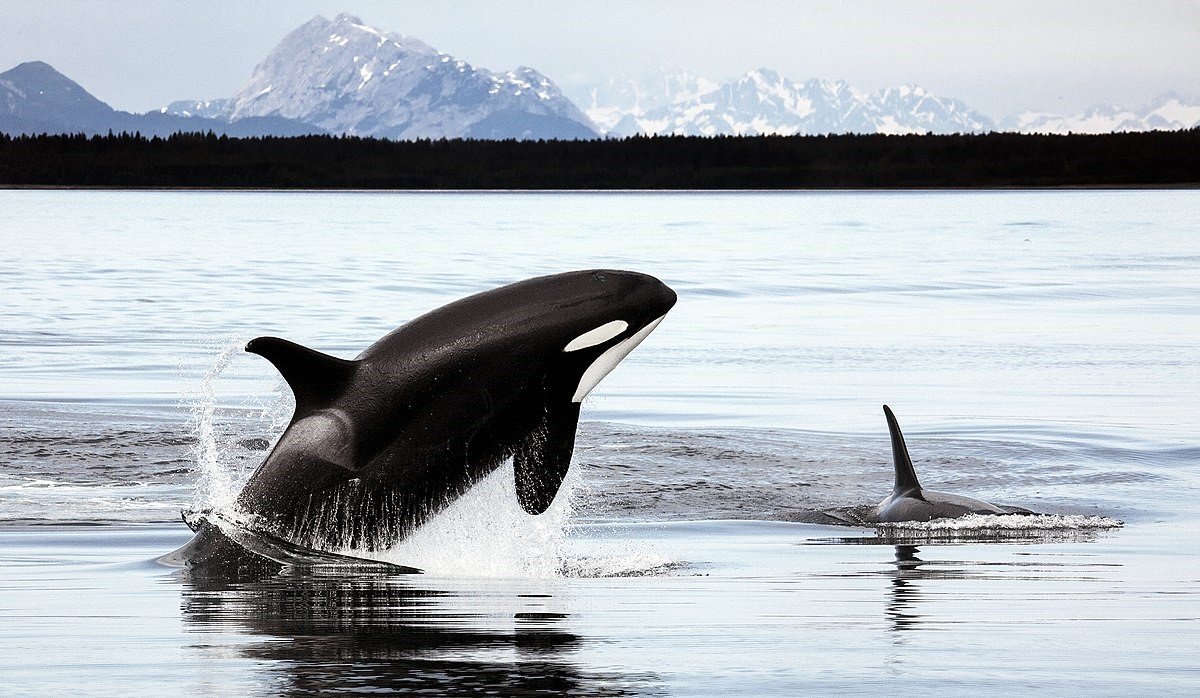Heavy metal music can be used in more ways than one would think. The genre is increasingly used as a killer whale deterrent off the coast of southwestern Europe, according to Focusing on Wildlife. The practice is not scientifically studied or supported but rather began as a suggested trick for sailors to prevent these large marine mammals, also known as orcas, from attacking and sinking boats sailing off the Iberian Peninsula, a Business Insider article reported.
New study gives hope for the restoration marine life
Photo by Trinity Kendrick ‘21
by Catelyn Fitzgerald ’23
Marine species are rapidly heading towards extinction due to overfishing and climate change. The UK World Wildlife Fund (WWF-UK) reported in 2015 that marine species declined by 49% between 1970 and 2012. Marine life and ecosystems play an essential role in the lives of both people and animals. Not only are over 800 million people reliant on the fishing industry as their livelihood, but marine life constitutes the foundation of countless animal food chains. Marine life is also a cornerstone of many cultures around the world, at the current rate of decline, traditions such as the Italian-American tradition of the Feast of the Seven Fishes will soon be symbols of an abundant past.
While current trends predict a rapid decline in ocean life, a recent review published in the scientific journal Nature claims that with the right policies, marine life can be fully restored in as little as thirty years. The review points to the recovery of humpback whales and other endangered species as a source of hope for the rest of marine life. It identified several policy changes that will help achieve this restoration, such as making 20-30% of the ocean into marine protected zones, enacting more restrictive fishing guidelines and reducing ocean pollution.
Protecting the ocean comes with a price tag. It is estimated that restoring marine life would cost at least $20 billion per year. However, the payoff of implementing stronger marine policy will far outweigh the costs. An increase in environmental protection will revive the declining fishing industry and create new jobs. A less obvious financial incentive for the restoration of wetlands and coastal ecosystems is their ability to buffer severe storms and decrease resulting damage done to coastal towns, protection that almost 200 million people rely on.
Protecting the ocean has a myriad of benefits to people and the environment alike, but it cannot succeed alone. Climate change caused by events on land contributes to the decline in ocean health by causing ocean acidification and warming, which are detrimental to marine life. Ocean acidification lowers the levels of calcium carbonates in the sea, which organisms like clams need to build strong shells and skeletons. Ocean warming pushes species who can no longer tolerate the water temperature towards deeper waters, emptying out coastal ecosystems and disturbing food chains throughout the ocean. International collaboration to decrease global greenhouse gas emissions is necessary. For the policy changes suggested by the scientific review to succeed, international collaboration to decrease global greenhouse gas emissions is necessary.
The ocean still has a chance to rebound from decline, but the window of opportunity is closing fast. The report states that if we do not act soon it will be too late to reverse the damage done to oceans. Restoring marine life will require what the authors of the review refer to as a “Grand Challenge for humanity,” an international collaboration that is unprecedented in environmental policy.


